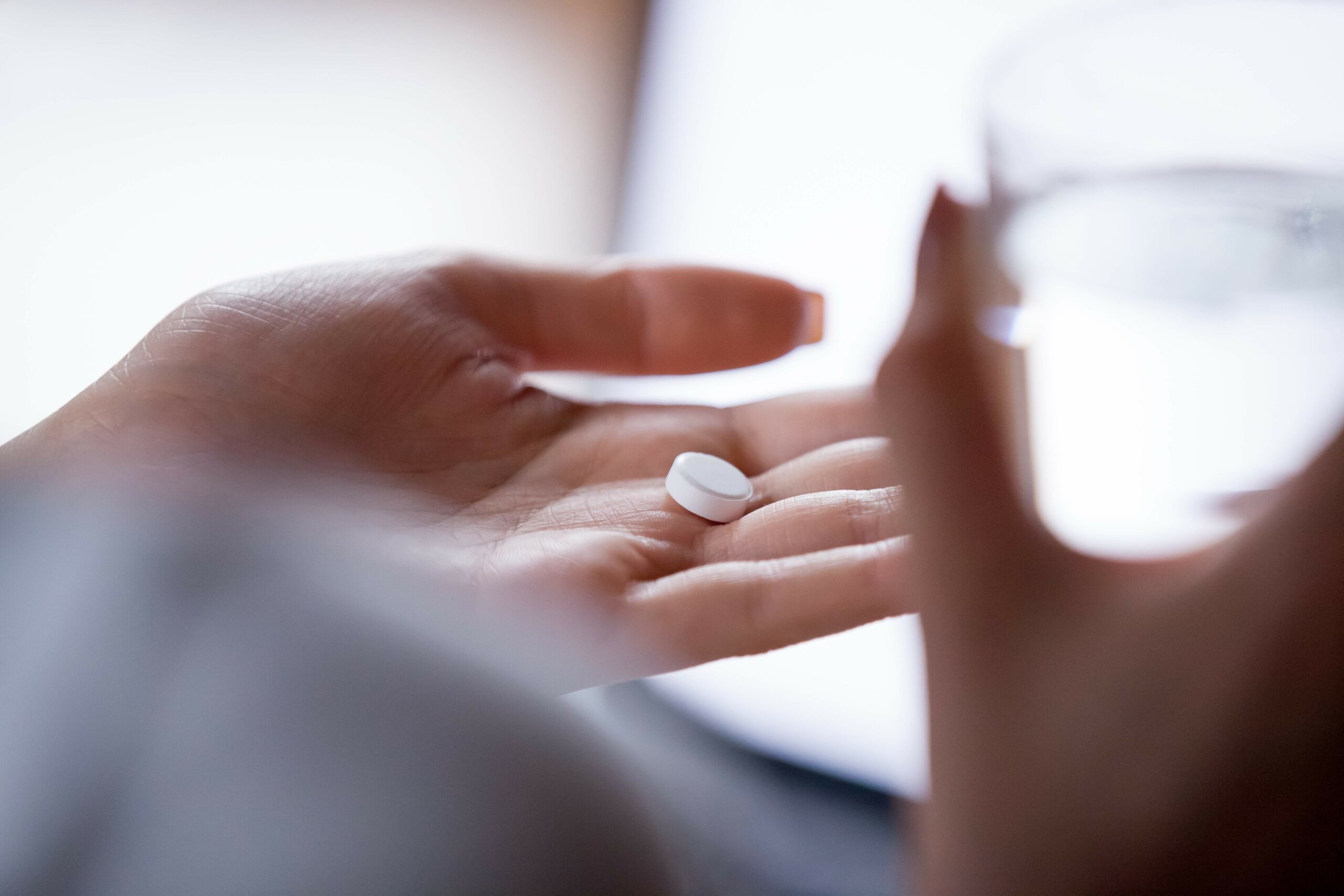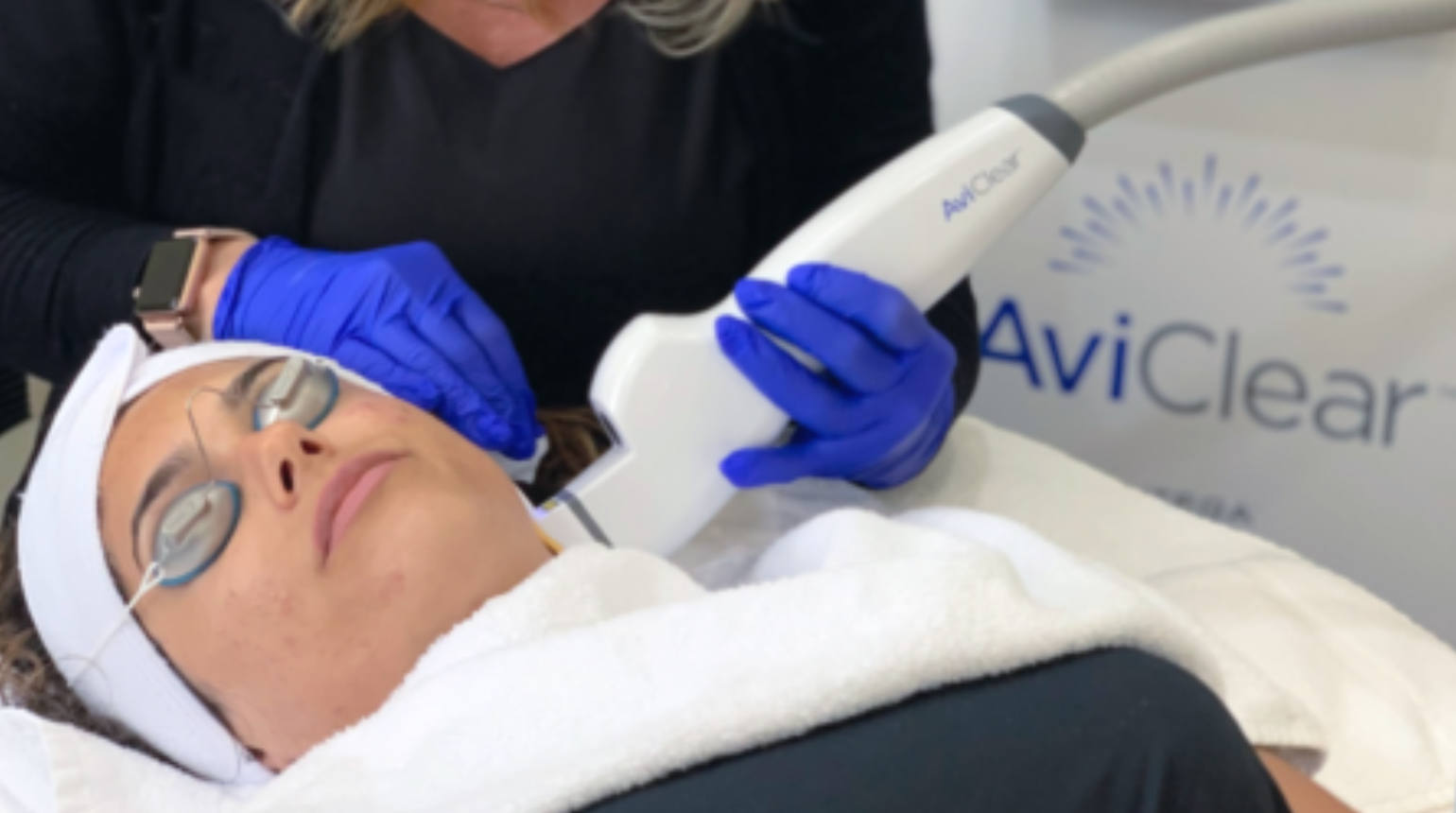The Pros and Cons of Daily Dose Aspirin
As I was about to relay more great findings of what daily dose aspirin can do for your health, I wanted to also outline the possible risks so you can make an educated decision.
Let’s start with the ‘Pros.’ Studies show that aspirin can reduce inflammation in the body which causes a multitude of conditions and illness such as:
- Heart disease
- Autoimmune diseases
- Diabetes II
- Cancer
- Alzheimer’s
- Arthritis
A recent study has concluded that low-dose aspirin also appears to be helpful in maintaining cognitive function in elderly women who are at high cardiovascular risk by increasing blood flow to the brain.
How can aspirin prevent a heart attack?
Aspirin interferes with your blood’s clotting action. When you bleed, your blood’s clotting cells, called platelets, build up at the site of your wound. The platelets help form a plug that seals the opening in your blood vessel to stop bleeding.
But this clotting can also happen within the vessels that supply your heart with blood. If your blood vessels are already narrowed from atherosclerosis — the buildup of fatty deposits in your arteries — a fatty deposit in your vessel lining can burst. Then, a blood clot can quickly form and block the artery. This prevents blood flow to the heart and causes a heart attack. Aspirin therapy reduces the clumping action of platelets — possibly preventing a heart attack.
Right. Now the ‘Cons’:
The Mayo Clinic warns that, “you should take a daily aspirin only if your doctor advises you to do so. If you have had a heart attack or stroke, your doctor will likely recommend you take a daily aspirin unless you have a serious allergy or history of bleeding. If you have a high risk of having a first heart attack, your doctor might recommend aspirin after weighing the risks and benefits.
Side effects and complications of taking aspirin include:
Stroke caused by a burst blood vessel: While daily aspirin can help prevent a clot-related stroke, it may increase your risk of a bleeding stroke (hemorrhagic stroke).
Gastrointestinal bleeding: Daily aspirin use increases your risk of developing a stomach ulcer. And, if you have a bleeding ulcer or bleeding anywhere else in your gastrointestinal tract, taking aspirin will cause it to bleed more, perhaps to a life-threatening extent.
Allergic reaction: If you’re allergic to aspirin, taking any amount of aspirin can trigger a serious allergic reaction.
Ringing in the ears (tinnitus) and hearing loss: Too much aspirin (overdosing) can cause tinnitus and eventual hearing loss in some people.
What’s the best dose of aspirin to take?
Your doctor will discuss what dose is right for you. Very low doses of aspirin — 75 milligrams (mg), which is less than a standard baby aspirin — can be effective. Your doctor will usually prescribe a daily dose anywhere from 81 mg — the amount in a baby aspirin — to 325 mg (a regular strength tablet). If you have had a heart attack or have had a heart stent placed, it is very important to take aspirin and any other blood thinning medications exactly as recommended.
Should you take a coated aspirin?
Enteric-coated aspirin is designed to pass through your stomach and not disintegrate until it reaches your small intestine. It’s gentler on the stomach and may be appropriate for some people who take a daily aspirin, especially in those with a history of gastritis or ulcers. However, some researchers think there’s no evidence that taking an enteric-coated aspirin decreases your chance of developing gastrointestinal bleeding.
If you decide that you would like to start a regime of low dose aspirin, clearly, this is a decision you need to make with your doctor. Although it has multiple health benefits, you need to be sure that aspirin will not interfere with any other medications you may be on or simply may not be safe for you.




